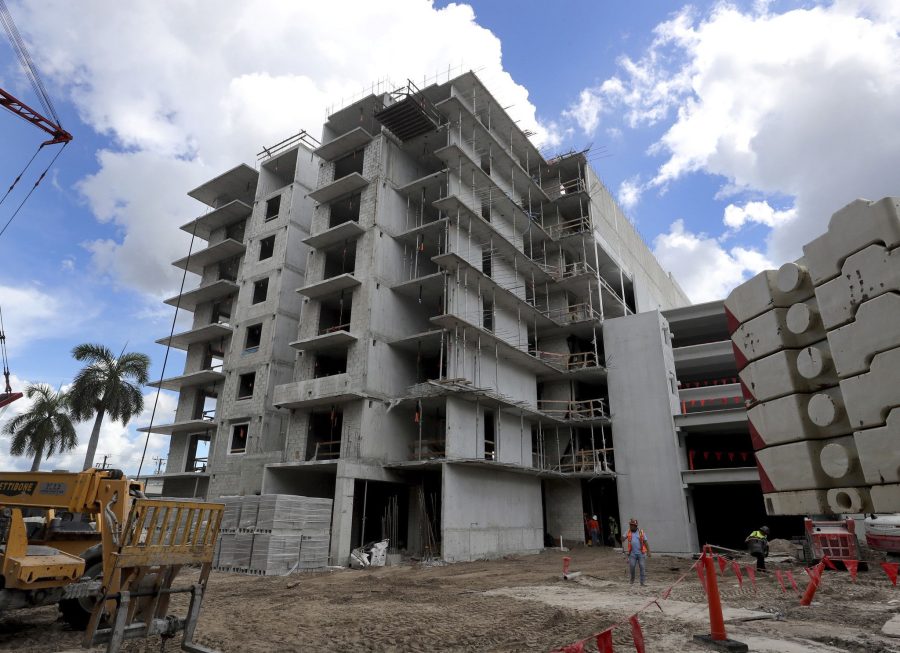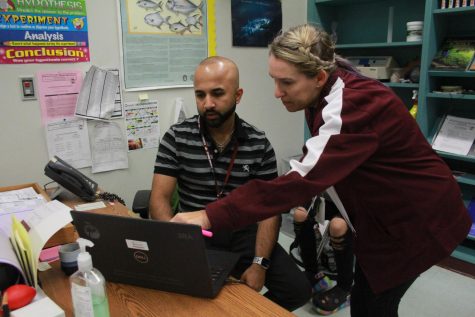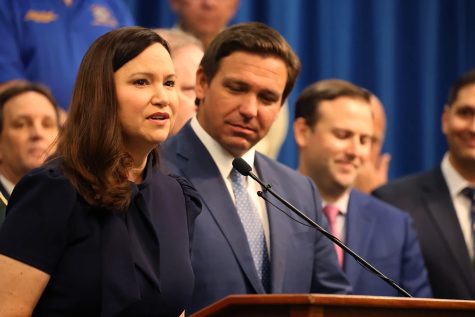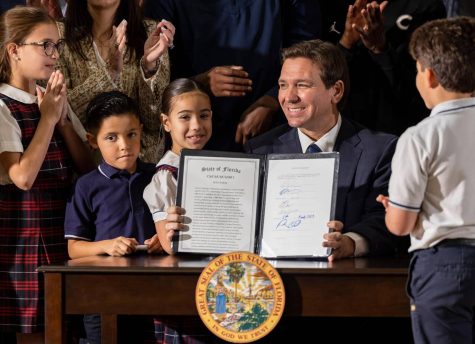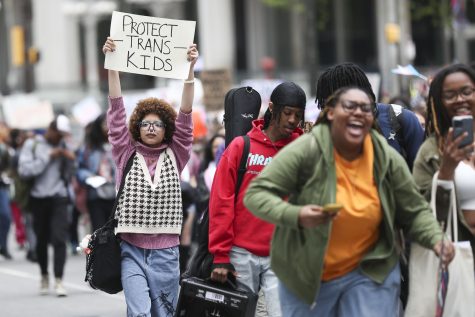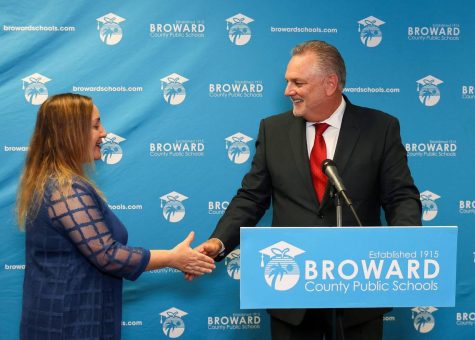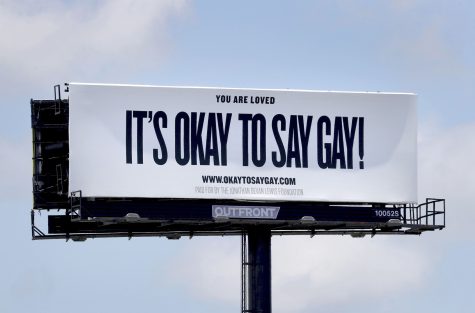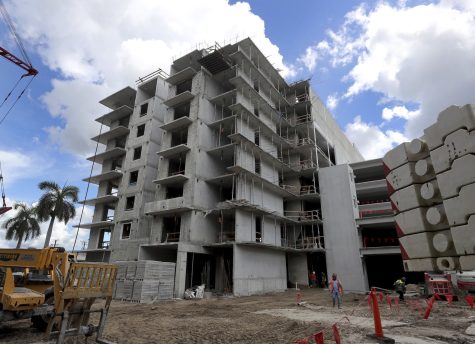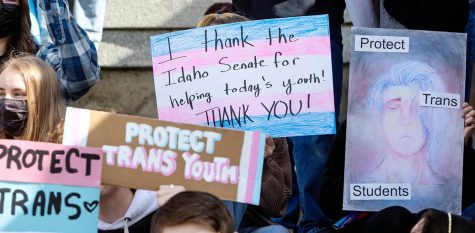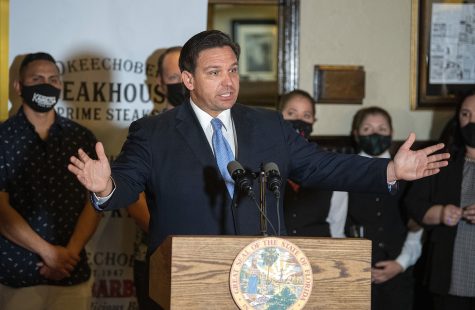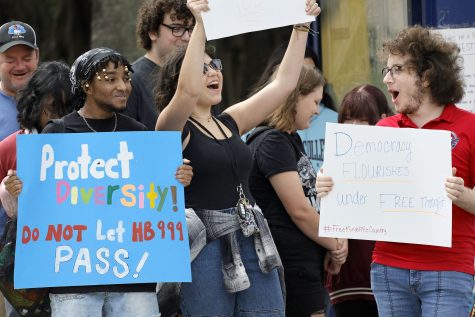SB 102 expands affordable housing, including zoning and tax exemptions
Tribune News Service
New residential permits issued in South Florida have dropped, coming at time when it s a struggle for many to find affordable places to live and South Florida is dealing with an influx of demand for housing and migration to the area. Photo permission from Mike Stocker/TNS.
In an attempt to decrease the cost of housing in the state of Florida, Senate Bill 102 will reduce regulations on housing and attributes over $700,000,000 to housing and housing efforts in the upcoming fiscal year.
The law passed unanimously on the senate floor and 103-6 on the House floor, with the six on the house floor who voted no being composed of one Republican and five Democrats. The near unanimous voting is a rare occasion, with such voting last being seen since this past February. Gov. Ron DeSantis signed the law on March 29. The law itself is set to go into effect on July 1.
Many topics are covered in the law’s text, all in effort to promote either the creation or maintaining of affordable housing around Florida, such as allowing cities to create tax exemptions for housing intended to be given to those who are 50% under that area’s average median income as long as prerequisites are met. For example, the buildings must have a minimum of 20% of their units be meant for affordable housing and be no less than 50 units in total.
The bill also covers zoning and size regulations for buildings such as restricting cities from applying limits on the height and density of affordable housing developments. Proponents say that the bill is a net gain on the side of affordability and welfare in communities, citing it as an issue that cuts close to home here in Florida.
Detractors of this bill specifically cite one feature regarding rent control. SB 102 completely prohibits local governments and municipalities from placing rent control. Critics cite the many areas where landlords have advantages over tenants as to why this is a negative, such as a lack of a Tenants Bill of Rights.
An average cost for a home in Florida is around $380,000 dollars, while the average rent for a one-bedroom apartment is about $1,948. This, combined with the recent economic downturn and the average salary in Florida being $51,950. When the math comes together, it shows that most home-owning opportunities are not viable for the average Florida resident.
This is especially true to many students at Marjory Stoneman Douglas High School where many students and households are required to rely on affordable housing. While this may be less true for some who live in Parkland, many constituents of Coral Springs live in and require affordable housing.
SB 102 is creating mainly mixed opinions in MSD’s students and faculty. When interviewed, many expressed enjoyment of parts of the bill such as an increased initiative to have more affordable housing in the state, but a dislike towards the increased control which landlords will have over tenants with the removal of oversight on rent control by municipalities.
“I don’t know. On one side, the bill really seems to show that the state’s legislature is making a real effort to have more affordable housing for those who need it in the state,” junior Oliver Grushka said. “But I’m not a huge fan of the changes to zoning, sizing or rent control. The last thing we need is contractors building cheap tenements just for tax credits and then landlords sending the rent prices sky-high.”
Other students largely seem to agree with this sentiment.
This bill also affects the faculty of MSD, with a majority of school teachers making an average of around $ 50,000. Things such as rent control and affordable housing can be important topics for them, and this bill also applies.
“I think it’s noble for them to do something about the housing crisis, but I don’t think it goes far enough to address affordable housing,” English teacher Melissa Falkowski said. “It especially affects teachers, where a lot of salaries are under $50,000 a year. It affects a teacher’s ability to live, especially when a majority of your paycheck goes towards rent.”
While legislation like SB 102 seems to have mostly unanimous support in the Florida legislature, there are still many concerns regarding some of the changes being made, seen especially in MSD’s faculty and student body. Until July 1, only speculations can be made regarding the possible effects that the bill will have on the state’s citizens.
